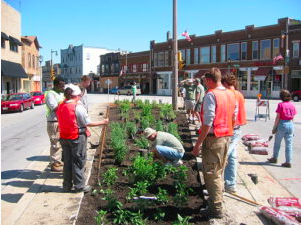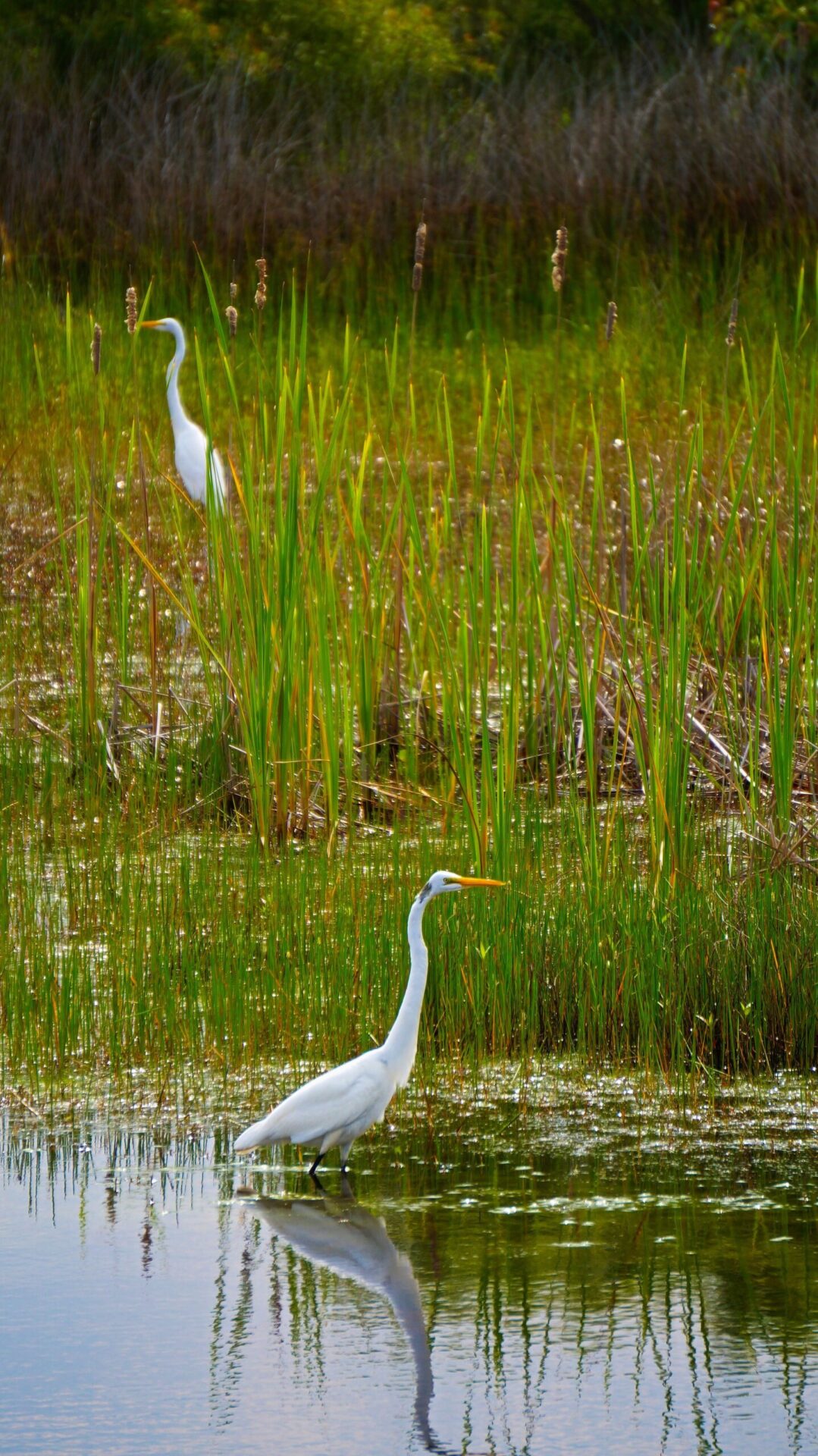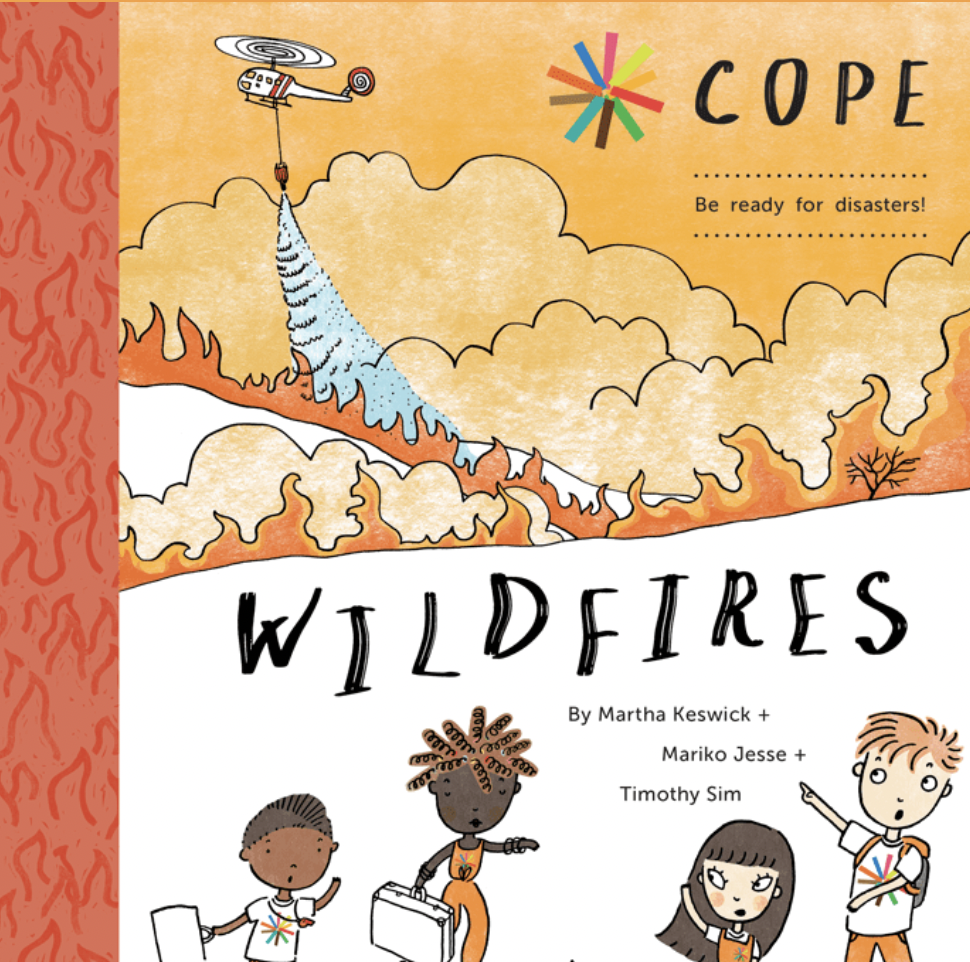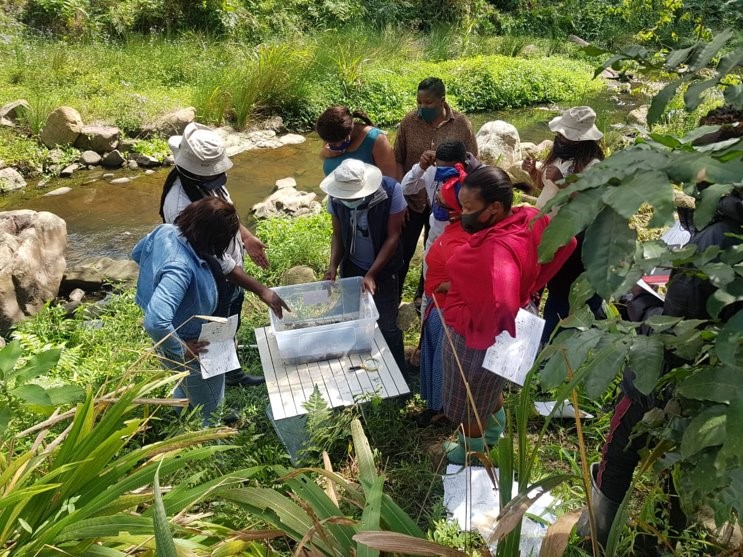United States
Water Evaluation and Planning (WEAP) Tool
WEAP (Water Evaluation and Planning) is a software tool for integrated water resources planning. It provides a comprehensive, flexible and user-friendly framework for policy analysis.
Low Emissions Analysis Platform (LEAP)
LEAP, the Low Emissions Analysis Platform, is a widely-used software tool for energy policy analysis and climate change mitigation assessment developed at the Stockholm Environment Institute.
Combating Climate Change through Sustainable Forest Management
The most recent revisions to Sustainable Forestry Initiative (SFI)'s forest management standard (2022) includes 2 new objectives that are focused significantly on forest management adaptation to climate change. In this webinar, Darren Sleep, PhD, Senior Director of Conservation Science and Strategies at SFI explores these new objectives that will help drive forest management adaptation to climate change across Canada.
Meaningful participation in urban ecosystem-based adaptation – how can it work?
Discover how urban ecosystem-based adaptation approaches can foster participation and inclusiveness through a series of global examples in this short blog.
SFI 2022 Forest Management Standard: Section Two
This standard promotes sustainable forestry based on 13 Principles, 17 Objectives, 41 Performance Measures and 114 Indicators related to water quality, biodiversity, wildlife habitat, species at risk and Forests with Exceptional Conservation Value.
Climate-Smart Conservation: Putting Adaptation Principles into Practice
The guide is designed to help conservationists and resource managers incorporate climate change considerations into their work.
An Introduction to Nature-based Solutions
Explore the basics of nature-based solutions as concept with example case studies through this introductory article.
COPE Books for Children: Wildfires
Learn about disaster risk reduction and wildfires with this illustrated children's book from COPE. This time the COPE Squad travel to Pretoria, South Africa, to meet experts and learn all about wildfires. They put their training to good use when called to San Francisco to help with a real Wildfire.
How corn links Jamaica’s food supply to climate change in the US Midwest
This case study explores how Jamaica’s deep dependency on US maize affects both its economy and food security in a changing climate.
Climate justice for people and nature through urban Ecosystem-based Adaptation (EbA): a focus on the Global South
Examples of urban EbA interventions, predominantly in the Global South, are explored in this paper and linked with seven proposed EbA social principles related to climate justice.









